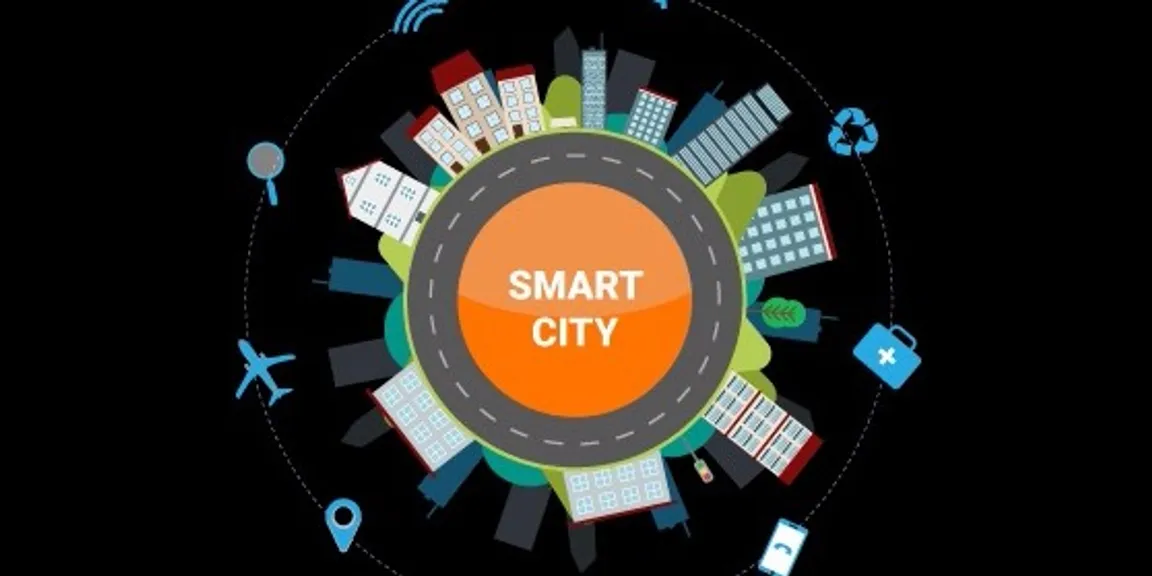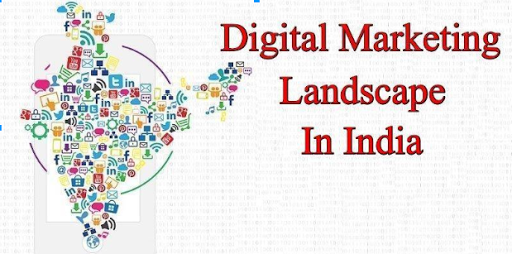

Role of technology in smart city
A smart city is a blend of Infrastructure and Technology playing their respective roles in creating a clean and energy efficient place with quick and easy access to services and digitization of information. The smart city typically uses the ICT (Information & Communication Technologies) to create a two-way communication network between the citizens and Government. ICT helps the Government analyzing the demand pattern of the state and thus creating a pool of resources to address the same online. The electronic medium of communication in a community helps in creating a collective intelligence which can be deployed for resource optimization with the help of analytics and deep learning.

Smart City Framework
Some of the key issues to be addressed through smart city especially in a country like India which is fast progressing in terms of communication and network bandwidth are mentioned below:
eGovernance: Till date, most of the Governments have re-imagined eGovernance as a G2C tool (Government to Citizen) and have utilized it to communicate the policies, opportunities, and reforms to the citizens. However, the basis of Governance remains unearthed till the time the bridge is anchored on both the ends. The key to democracy lies with public and it’s imperative for authorities to accept feedbacks, grievances, suggestions with all ears open.
Public Services: Facilities like online applications, status checks, common facilities etc. can be availed without physically visiting the service centres or offices.
Public Transport: Intelligent and effective use of public transport is an integral stem of smart city. Easy online ticketing and smart card recharge facilities, online and real time bus route information, last mile connectivity etc. are critical chunk of facilities required to be provided to citizens. Real time collective intelligence on public transit system helps creating a better need based resource pooling scenario.
Safety & Security: In this era of technology and lightning communication speed we still are struggling with calling on SOS numbers or physically running across to the nearest police stations or fire stations. App based security alarms and quick communication with respective authorities along with features like option to share last location, IVRS based complaint centres, distress location sharing between individual, police control room and PCRs are the future of promptness required in safety of citizens.
Environment & Power Consumption: Latest infrastructure clubbed with Technology helps in reducing the carbon footprints for any smart city. Applications like monitoring of Street lights by sensor based tech to enable auto switching depending on the ambient lighting conditions. Use of Solar and other renewable resources for common facilities and offices etc. Smart App based Parking solutions helps in de congestion and traffic issues.
Education: There can be no better platform than technology to impart education not at just basic level but even for researchers and innovators. Starting from online school admissions to participation of citizens in innovative ideas and projects everything can be imbibed in the smart city solutions.
Health: How about fixing online appointments in Government Hospitals, checking Bed status, online information of medicine supplies and inventory, quick assistance for elderlies and much more, this is exactly what value simple integrations can bring to the society.
Role Of Government
Government has to play the Atlas to hold this Smart City project on their shoulder. Most of the times we see these kinds of projects either failing or not being able to achieve desired success due to the lack of interest and time required to create the Technology framework. Government has to ensure inter departmental sewing in terms of tech share through APIs, cross platforms and even the work culture through more adaptive mind-set. It is never easy to be responsive to millions and billions of public but it has never been better to be an accessible government.
Benefits Of Smart City
Smart city concepts can create manifold benefits to all stakeholders involved by engendering a responsive and literate eco system. Hands on information, easy access, smart solutions results in renovation of society as a whole.There can be no better form of Governance than participative governance. Effective communication channels also connect all ranks and files of the administration directly to the public. This not just brings solutions on table but also increases the trust and reach amongst public for the Government.Technology can bring in cost effectiveness in running a state with better yields, time saving and also dwells upon lasting solutions which have been generated through social intelligence.
Challenges In Developing Smart City
Some of the key challenges for developing the smart city are:
High cost for infrastructural development.
Literacy level for common man to be able to make optimum use of technology.
High involvement of Government and Bureaucracy to create the framework.
Inter departmental co-ordination and suture.
Deployment and reach to common man.
Conclusion
Smart city is not a sci-fi movie, it is just a reality step away. Government needs to collaborate with start ups and innovators to come up with effective solutions. More than planning it is execution which will hit the nail. However, a smart city in true sense can only be achieved when clubbed with basic infrastructural projects to ensure amenities available at ease.
Author Of this article is Maj. Vikrant Khare (Retd) who is a founder of a smart city start up, AZore and the views are personal.





